TEACHING APPROACH

Teaching-centered Approach
Our classical education relies on personal attention from excellent teachers. Washington Latin teachers are committed to our classical approach and particularly the use of Socratic seminars. They share a special devotion to student success, a commitment to creating a culture of learning, and the ability to manage a diverse group of students.
A trusting and gracious relationship between teacher and student is at the heart of every Washington Latin classroom. We aim for our students to trust their teachers so that they will speak out in class, make a mistake, lead a group, and extend themselves in any way possible. We aim for teachers to trust their students so that students can lead classes, speak out in disagreement, and challenge ideas. Our faculty are role models for our students, and learning beyond the classroom is considered as important as the formal lessons taught during class.
These ideas go beyond “teacher effectiveness” towards a commitment to modeling our core values of civility, intellectual curiosity, thoughtful and reasoned discussion of important ideas, and moral decision-making.
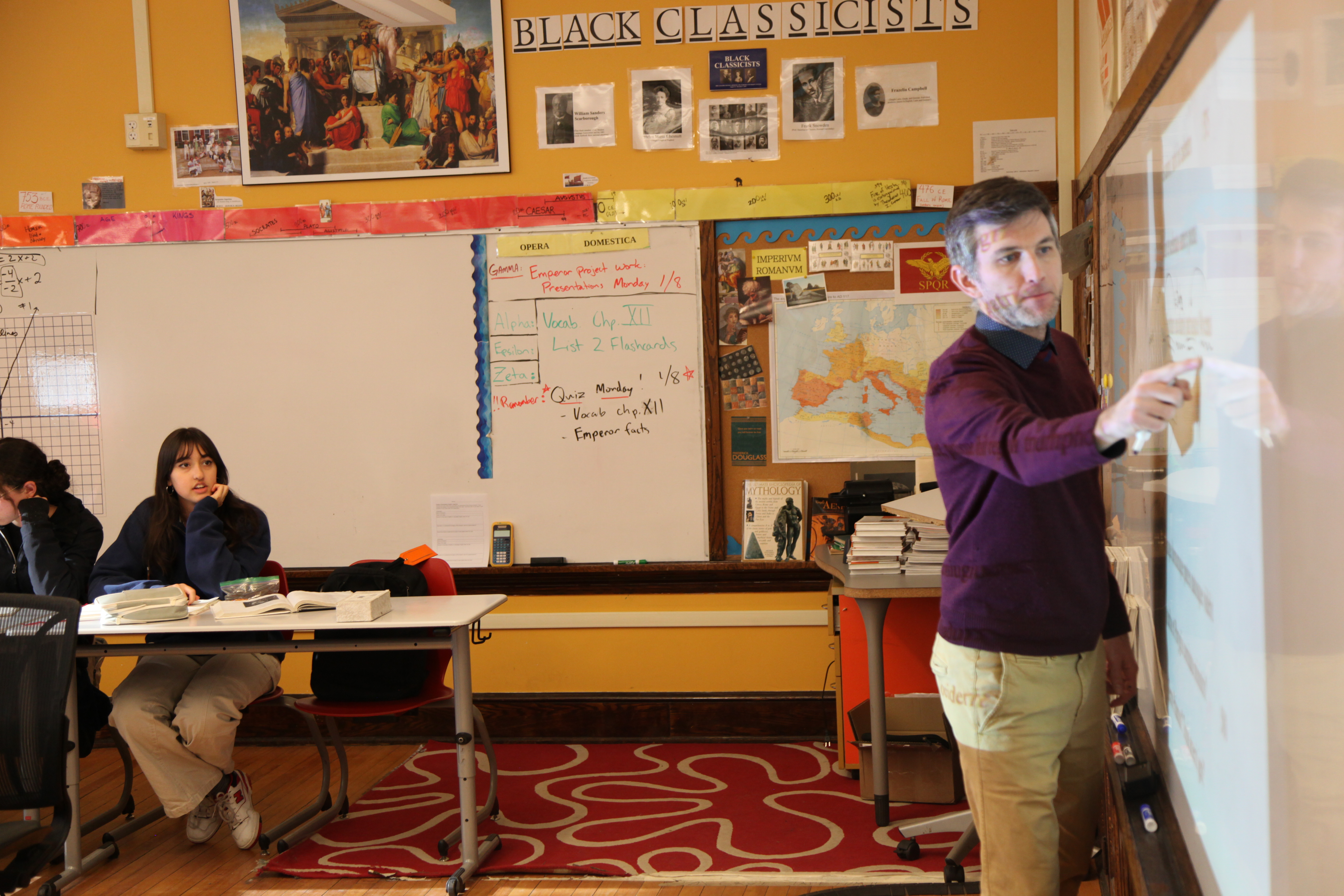
Elements of Our Model
We know our students
The Washington Latin approach demands that each student be known and part of our community. Our approach does not allow students to be anonymous. We rely on close relationships to create a culture of respect, learning, and openness. Small classes (average size is 16) are key. Our goal is that each student has at least one adult whom he/she can trust. We engage our families with the school community and provide constant feedback on how their children are doing. Much of this feedback is verbal or written, not just scores and numbers. For example, every student receives a written assessment of academic performance several times each year.
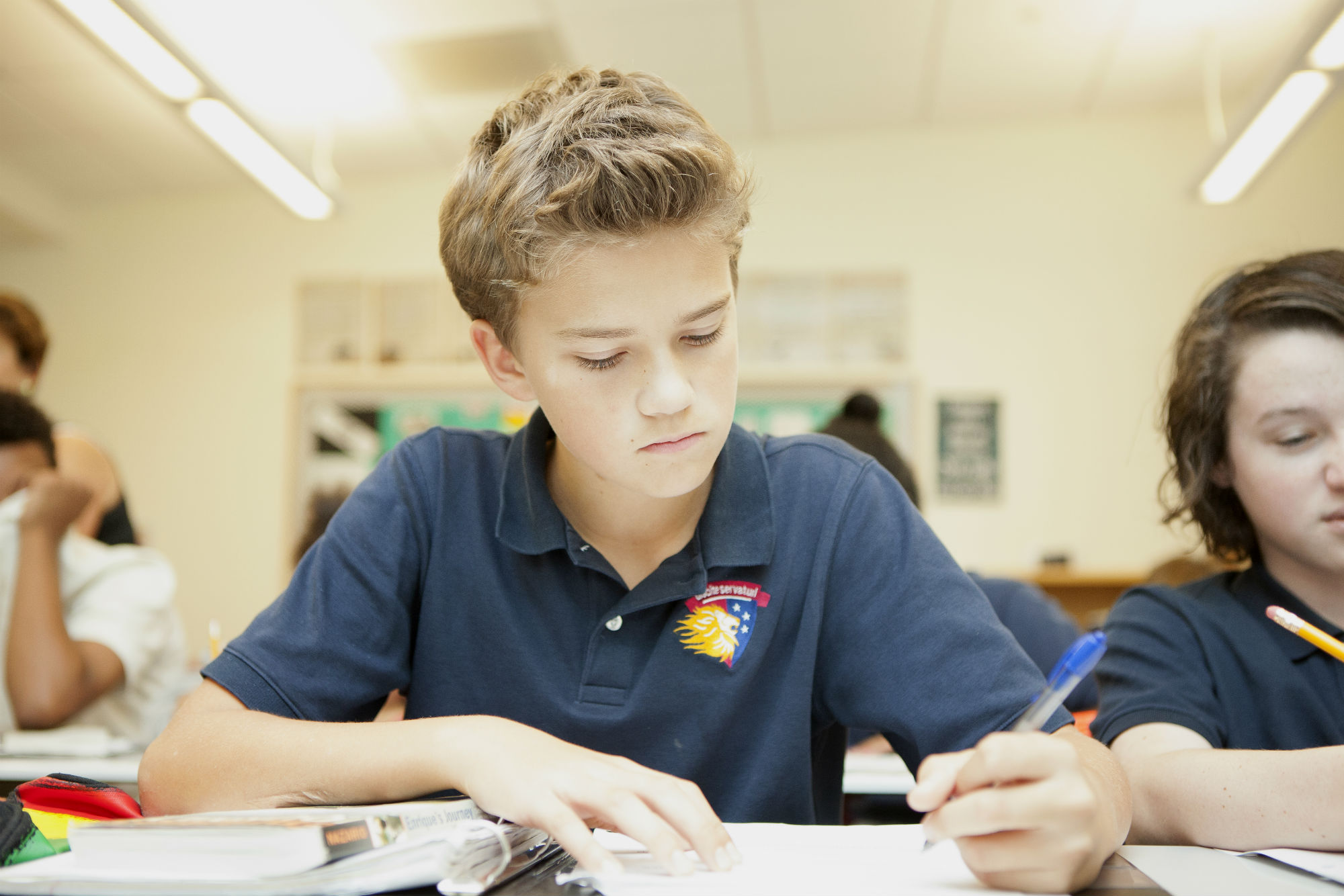
We use Socratic seminars
Socratic teaching is the heart of what we do in the classroom. Dialogue is our preferred pedagogy, so that we can ask students to involve themselves in an idea and a community dialogue. Our goal is for students to take up the challenge of wrestling with ideas among themselves; the teacher serves as an initial catalyst for discussion. The seminar approach allows us to train students in critical thinking skills.
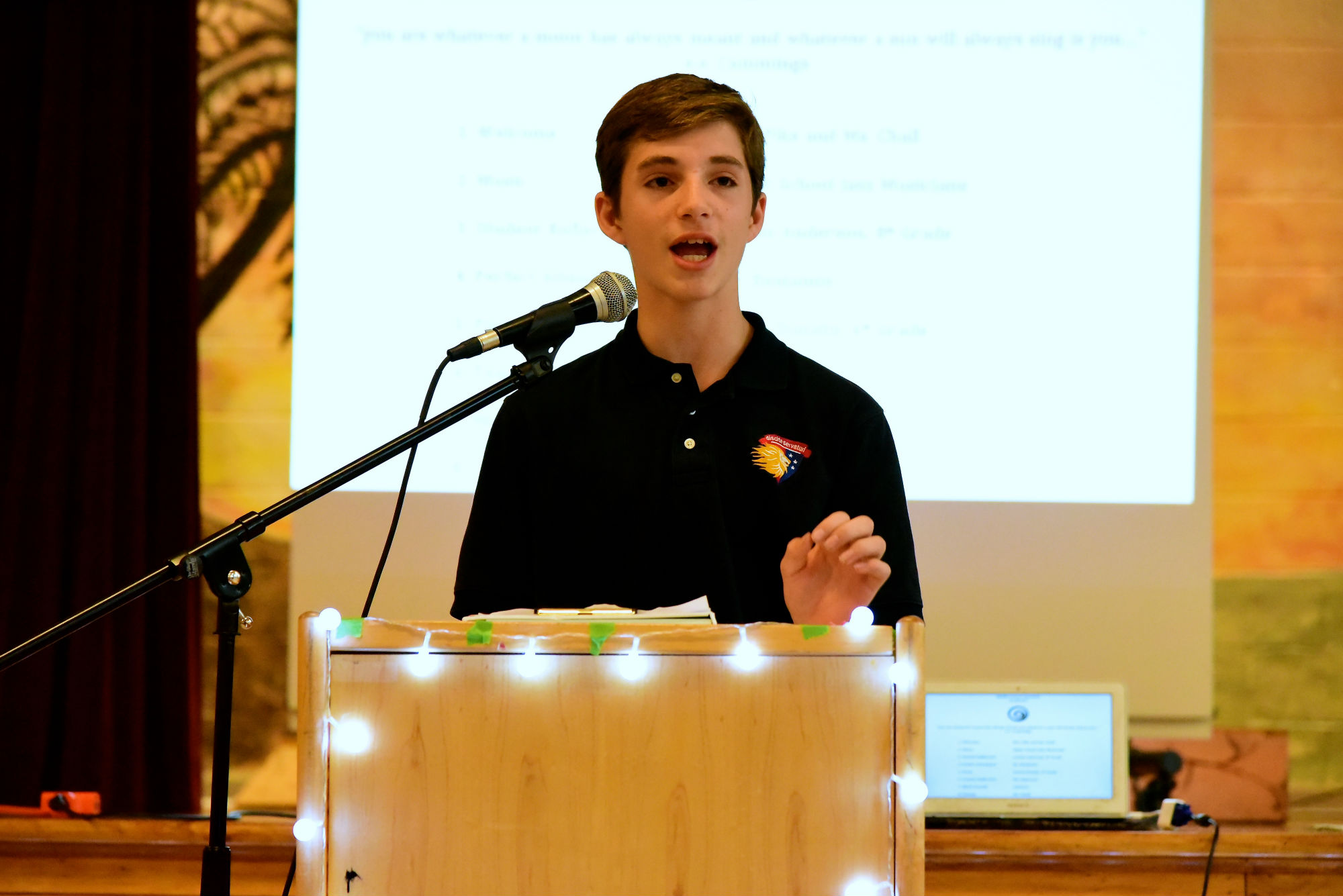
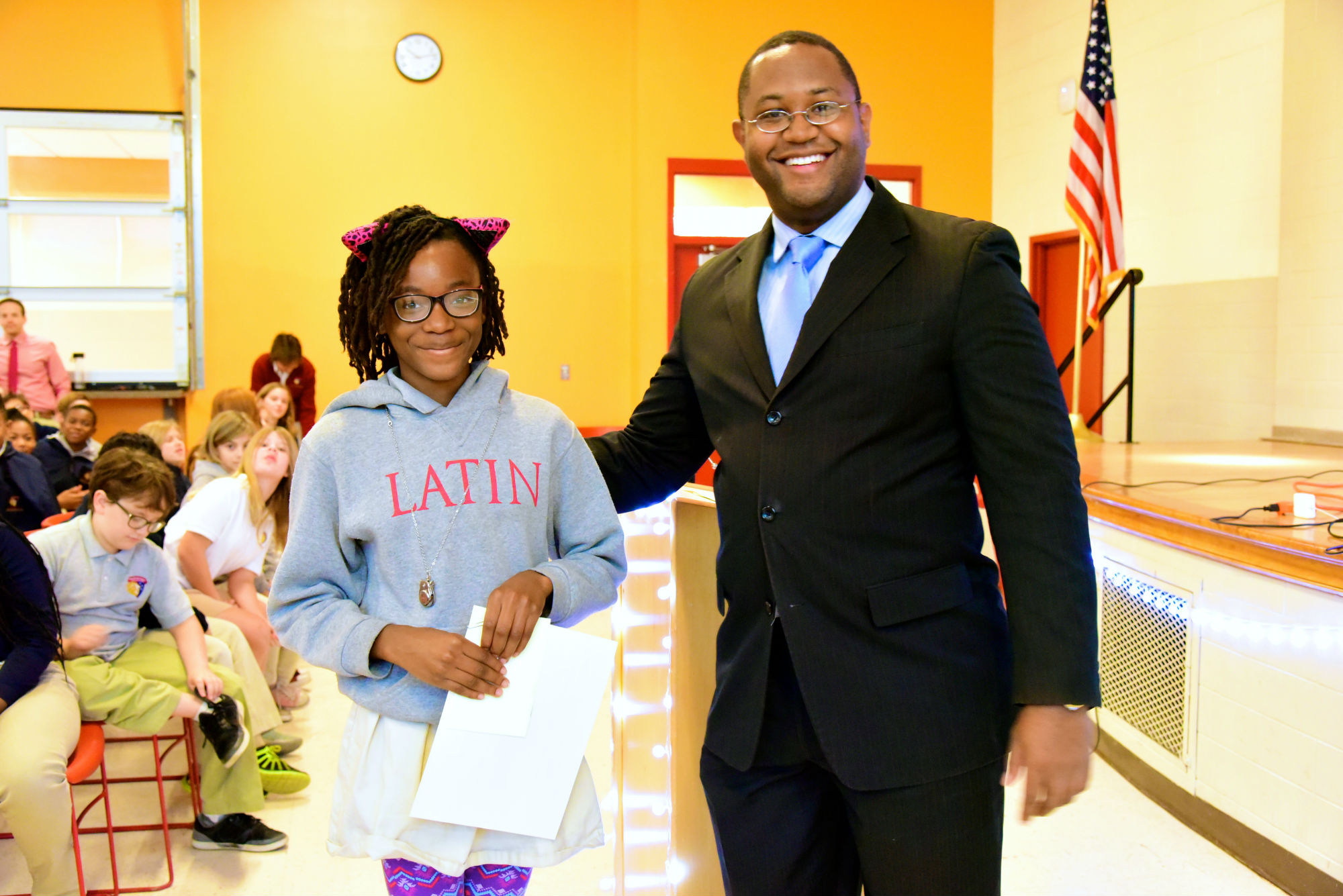
We use classical methods of drills and memorization
We know that what is learned by heart becomes part of one’s deepest self. Students are asked to chant vocabulary words, multiplication tables, poems and prose, and other discrete pieces of information so as to internalize them.
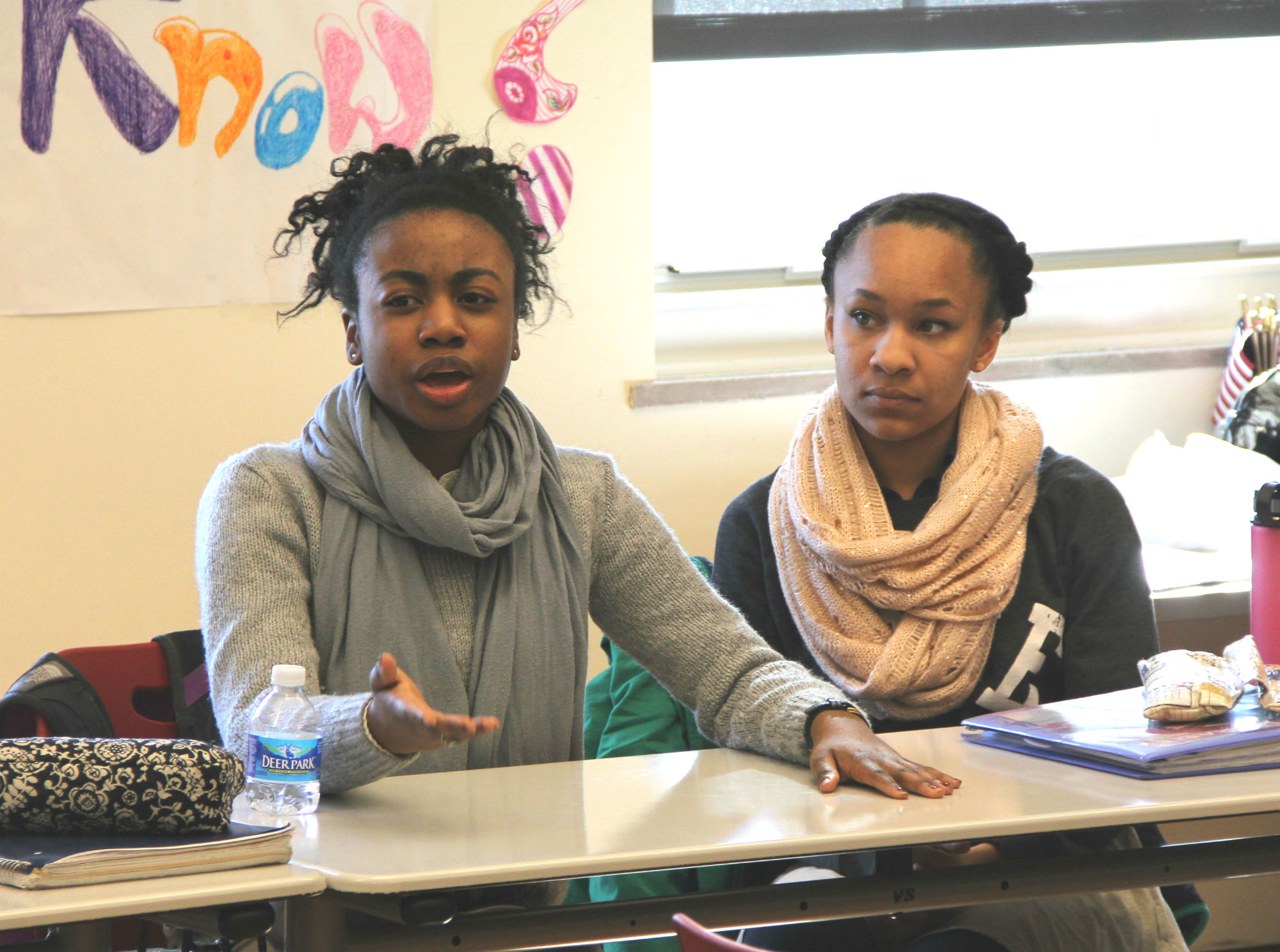
We ask students to write and speak publicly
Writing well is central to a life of thinking well, and we consider it essential to a student’s education. Our students write in a variety of genres and learn the process of brainstorming, drafting, and editing. We also focus on developing our students’ ability to speak publicly and express their ideas with a reasoned, civil approach.
